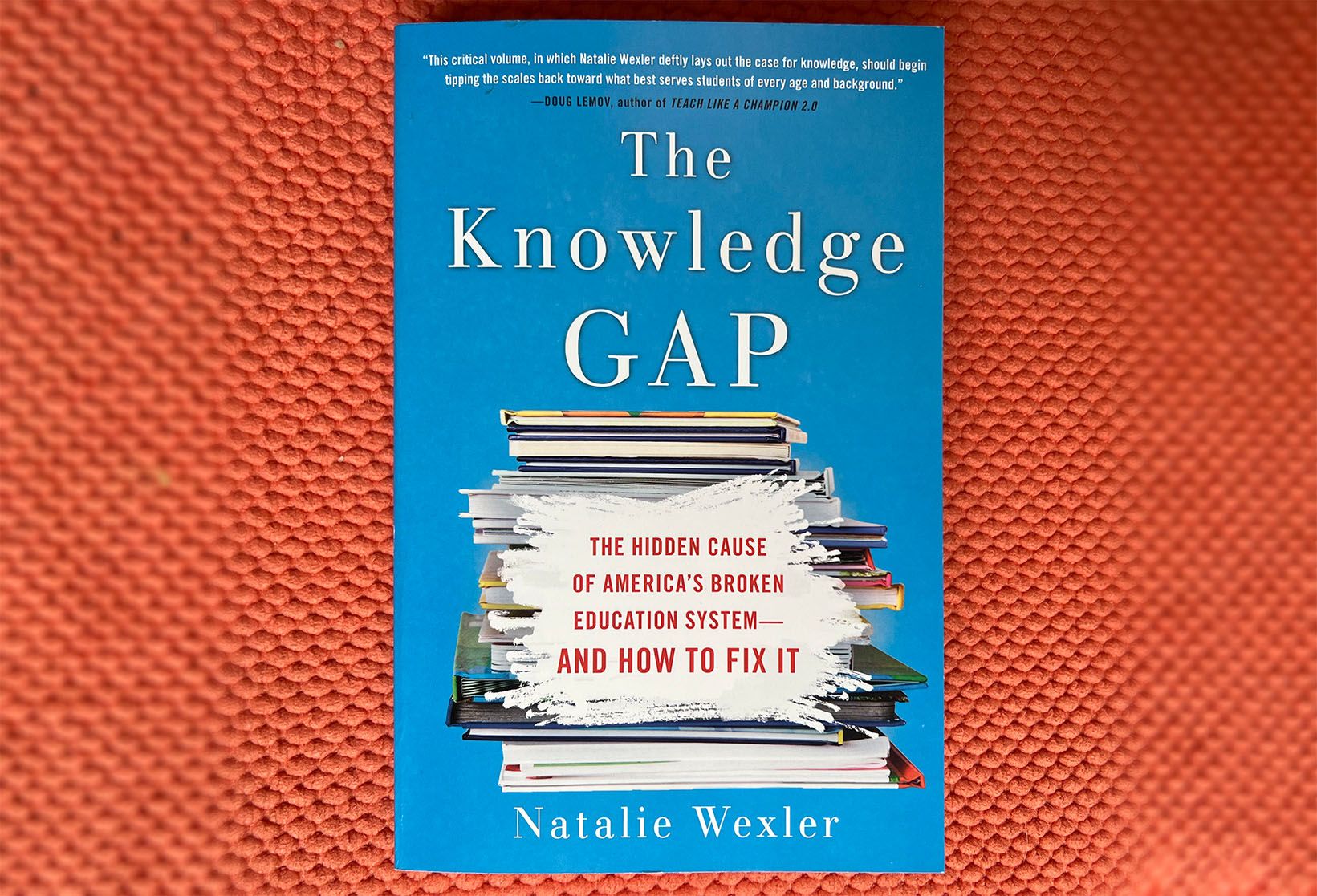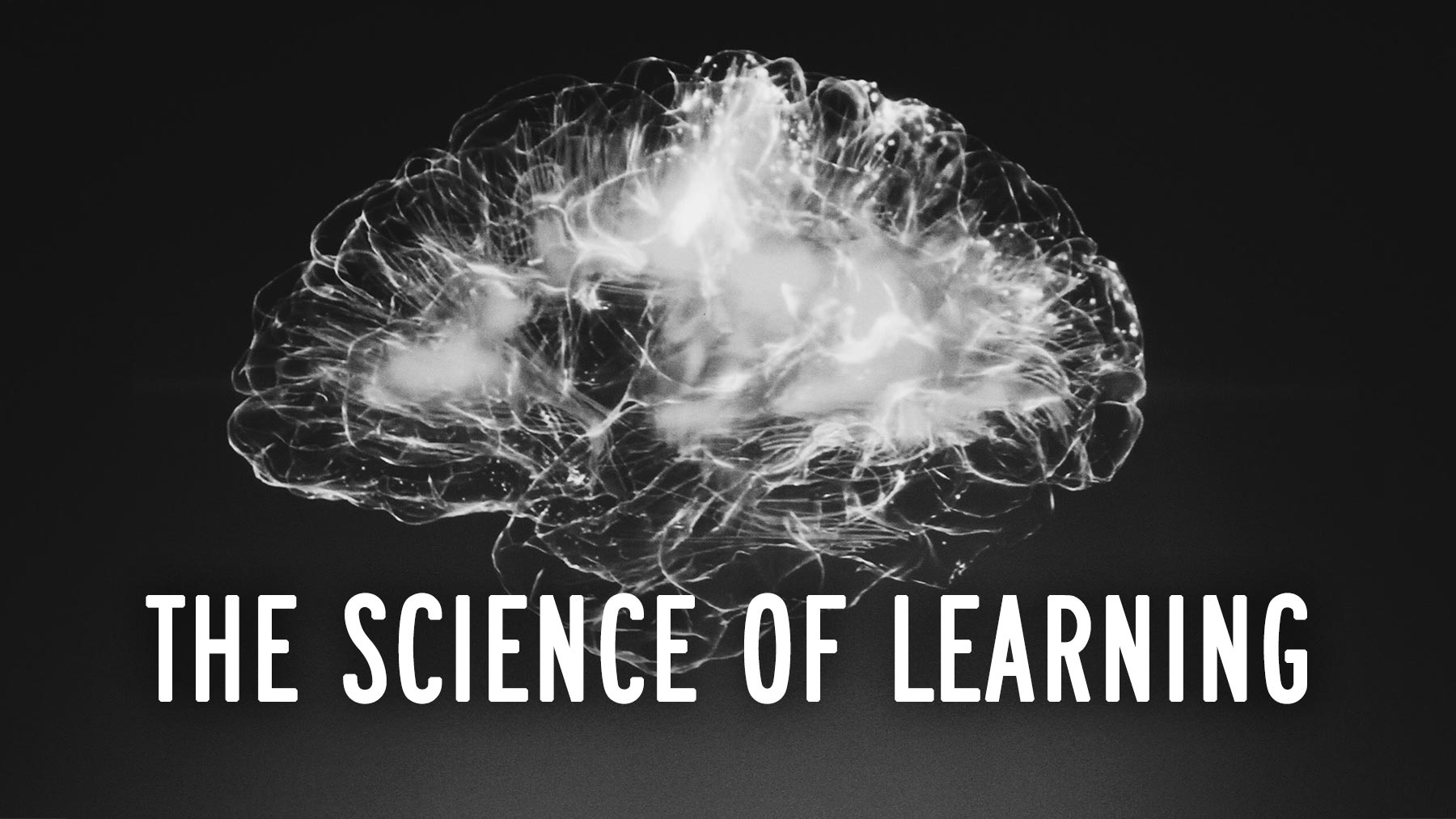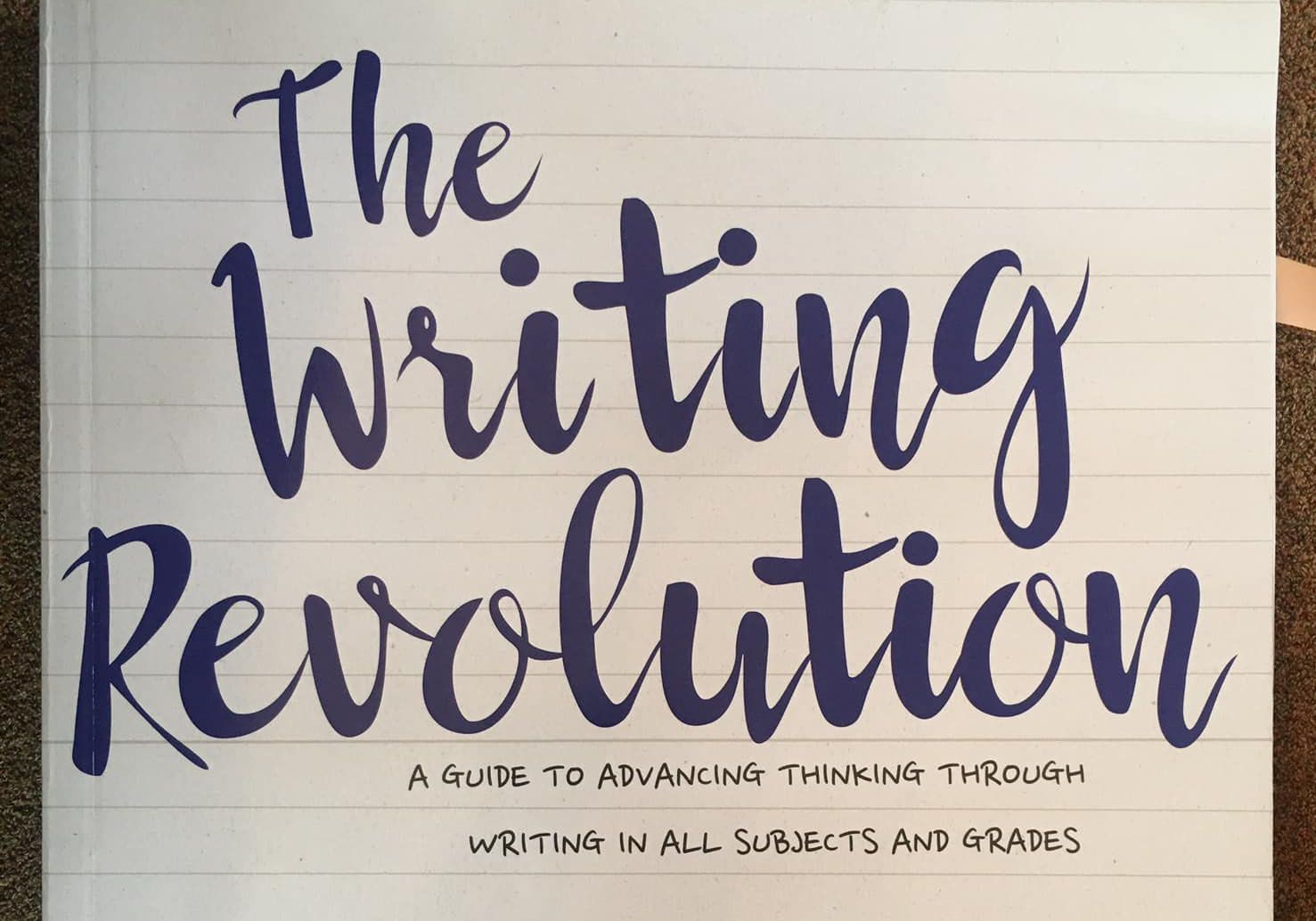The Knowledge Gap
A book review of The Knowledge Gap by Natalie Wexler, about the lack of focus on building a foundation of general knowledge in modern education, despite cognitive science pointing to its importance.

I finally got a chance to read The Knowledge Gap: The Hidden Cause of America's Broken Education System—and How to Fix It, by Natalie Wexler. The core idea in the book—that background knowledge is critical for comprehension in learning—has been a big influence in a lot of my homeschooling decisions, largely through other books and articles I've read, so I was glad to finally do a deep read on the subject.
As a homeschooler, two other books that are closely aligned with The Knowledge Gap have been more practically useful: Why Don't Students Like School by Daniel T. Willingham, and The Writing Revolution by Judith Hochman and co-written by The Knowledge Gap's Natalie Wexler. Both of those books are focused on the day-to-day effort of learning, and share the foundation of belief that background knowledge is critical. Both of those books first must spell out the case for background knowledge, using much of the same scientific citations and stories that are found in The Knowledge Gap, so there is some understandable overlap between the books.


But as a citizen who cares deeply about education for all in our country, and as someone who wants to better understand the challenges we're facing, The Knowledge Gap is the more important read. It is also the most compelling read, and one I recommend for anyone who cares about education (which should be just about everybody?).
You can take in a quick-read version of The Knowledge Gap by reading this article in The Atlantic written by Natalie Wexler in 2019 to promote the book: "The Radical Case for Teaching Kids Stuff." Go read that, because it lays out the case far more effectively than I can here, and then come back to read my impressions of the book.

Part One: The Way We Teach Now
The first third of the book describes the current state of how kids are taught. Wexler observed actual classrooms in the course of writing the book, and has plenty of first-hand anecdotes to share that are heartbreaking and deeply frustrating. The education research she lays out in this section deepens the aching sensation. I had encountered much of the research and stories before in my other reading, but it felt freshly raw. This section also delves into the massive attempts made at reforming education, by both massive governmental efforts and deep-pocketed philanthropists who have marched in with big ideas and big wallets, which have not been able to deliver on promises of dramatic improvement.
Part Two: How We Got Here
The second third of the book was the most useful for me: it explains the history of how the current approach to teaching got that way. This background gave me a lot of "ahhh!" moments. Wading through the various lurches in one direction or another over the last century and a half of public education was illuminating.
(In particular, I've long sensed I had a gaping hole in my understanding of E.D. Hirsch—a prominent longtime proponent of centering knowledge in education, and the force behind the popular content-centered Core Knowledge curriculum—and this book filled that gap far more effectively than my own attempts at learning more about him.)
This book was published in 2019, just before the current explosion of controversy over the nature of the content being taught in schools (books being removed from libraries & curricula, the whole sad misunderstanding of "critical race theory," etc.). It does, however, lay out a history of previous controversies in the same vein that is crucial for understanding how they happen, who is driving them, and what their angle is, so we can get past the shouting and start doing better for kids. Politics, naturally, have played a huge role, and our nation's political landscape is such a rotten, divisive mess right now. Understanding the history might help us start to get on the same page.
Part Three: How We Can Change
The third part of the book is about how people are doing the hard work to fix things. Look, here's the deal: this book is chock full of stories of people through history, over and over and over again, saying "this! this is the answer to fixing education!" and then being wrong. How can one read that history and not have the takeaway that it's extraordinarily unlikely that this book is the one that magically has the missing answer? And while it's telling a compelling story, the anecdotes supporting it are clearly cherry picked, and need to be looked at with a critical eye.
But those anecdotes don't come from nowhere, and more importantly, I trust the cognitive science backing this book up. And the thing is, we have to keep trying. The answer was never going to be that we just give up. This book doesn't have all the answers; the problems facing education are multi-dimensional. But I do believe that the lack of focus on building background knowledge in our education is holding us back, and I think the approaches in this book are worth some serious effort.
(Something I wish I'd realized before I started reading: as I read the book, I was perplexed that there were no footnotes with citations to back up the many assertions. I was wrong! There are citations, but they aren't marked in the flow of the text, not even with superscript numbers. The citations are in notes in the back of the book, and they're actually surprisingly thorough and are clearly organized, with a helpful bit of bolded text snippet to give its context in the book. The notes are so thorough that I can see how there wasn't a way to place even numbers in the text without it being a big distraction. I still would have preferred inline citations of some sort, though, because I actually do like to check them as I'm reading.)



